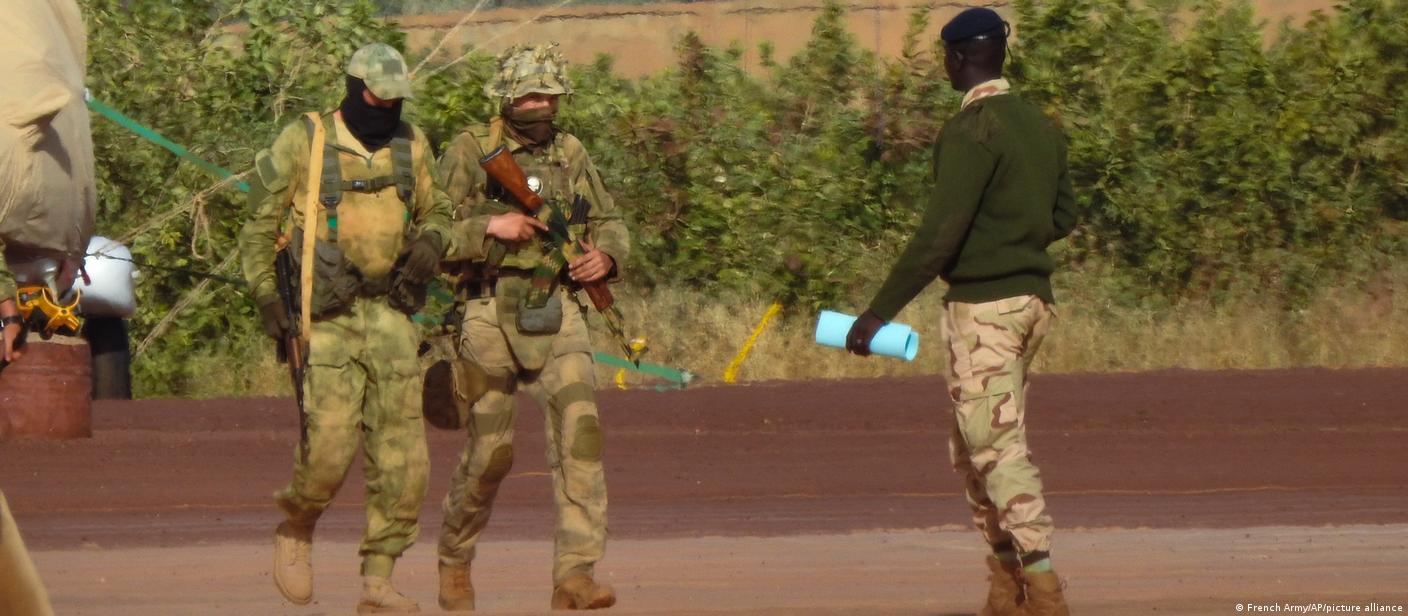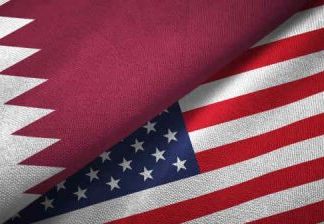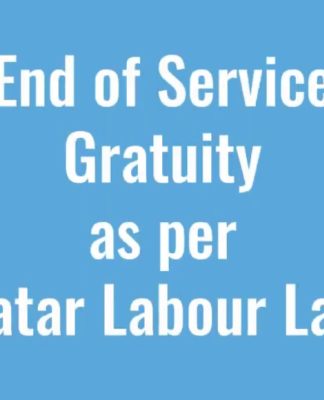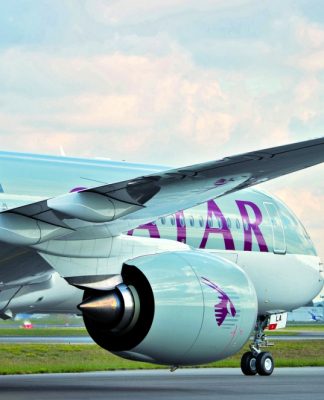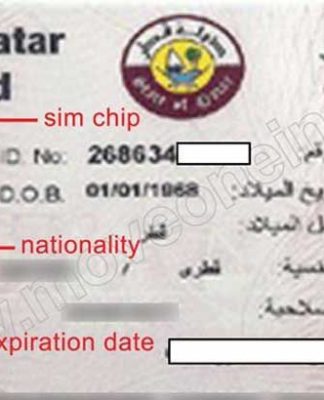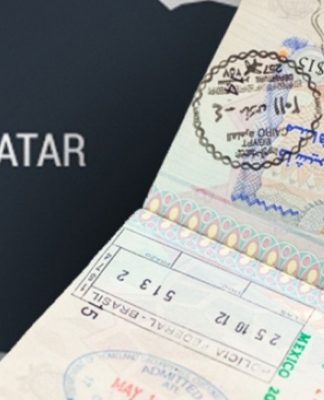CORRUPTIONAFRICA
More than mercenaries: Russia’s Wagner Group in Africa
David Ehl
02/28/2023February 28, 2023
The Kremlin-backed private military contractor is using shady business ventures for unofficial Russian diplomacy across the African continent, researchers say. How and where do they operate?
https://p.dw.com/p/4NzDu
At first, their presence is often just a rumor. Later, it’s an open secret. Thousands of mercenaries with Russia’s Wagner Group are active in a number of African countries.
In the Central African Republic, for example, 1,890 so-called “Russian instructors” are supporting government troops in the ongoing civil war, according to the Russian ambassador. In Libya, up to 1,200 Wagner mercenaries are believed to be fighting on the side of rebel leader Khalifa Hifter. In Mali, the pro-Russian, anti-Western military junta has also brought hundreds of Wagner fighters into the country. There, they have been accused of committing serious human rights violations.
But the Wagner Group’s presence in Africa extends much further, experts say.
“Wagner itself has developed over time as an organization that’s gone from being a purely private military contracting entity into a multiplicity of business alliances and relations, and a network of companies. Some of them front companies across the countries in which they operate on the African continent,” analyst Julian Rademeyer told DW recently at the Munich Security Conference. “It operates in this legal gray zone between illicit activities and more legal illicit activities. And it straddled those quite, quite effectively.”
Wagner Group: A vehicle for Russian influence
Rademeyer works at the Global Initiative against Transnational Organized Crime (GI-TOC), where he and his colleagues recently published a report on Wagner in Africa. “We argue in the report that the Wagner mercenary group, the Wagner private military group, is the most influential Russian actor operating in Africa today, and that its activities and the network of front companies that bolster it are a malign influence on the continent,” he said.
Satellite image of the airport in Bamako, Mali, where the Wagner group allegedly has a baseSatellite image of the airport in Bamako, Mali, where the Wagner group allegedly has a base
The Center for Strategic and International Studies (CSIS) believes there is a Wagner base at the airport in Bamako, MaliImage: CSIS/High Resolution/Maxar 2021
Russia seeks greater influence in Africa, and the Wagner Group is likely to be as much a part of this as state visits by Foreign Minister Sergey Lavrov, military cooperation and arms deals, and in some cases even free deliveries of food and fertilizer. Thanks to all this, Moscow was likely able gain 15 abstentions from African countries in the most recent United Nations resolution against its war of aggression in Ukraine. Eritrea and Mali sided even more clearly with Russia by voting against the resolution.
The Wagner Group, ostensibly named after German composer Richard Wagner, was founded in 2014 by businessman Yevgeny Prigozhin. Loyal to Russian President Vladimir Putin, he and the group have since become an indispensable private sector player for Russian interests. Only recently, Prigozhin publicly stated for the first time that he was also behind the Internet Research Agency, a troll factory that infiltrates social media, especially in the West, with disinformation in Russia’s interests.
GI-TOC research has found that the Wagner Group has also engaged in campaigns to influence African populations.
The Kremlin uses Wagner as an “instrument of diplomacy in Africa,” a representative of the All Eyes on Wagner research collective, which monitors Wagner activities worldwide, told DW. DW knows the identity of the representative, but he uses the pseudonym Gabriel for security reasons.
“Private military companies are banned in Russia, but to a certain extent they are allowed to operate outside Russia,” Gabriel said, explaining that mercenaries on the ground belong to subsidiary companies. “There is an approval from the Kremlin every time that the Wagner brand develops its activities in Africa.”
Central African Republic: Rare woods, gold, sugar and alcohol
International research has found that the Wagner brand is active in areas that extend far beyond security. In July, All Eyes on Wagner partnered with 11 European media outlets to uncover how the group has been raking in massive profits with precious tropical timber from the Central African Republic. According to the report, the government in Bangui granted a subsidiary unrestricted logging rights across 187,000 hectares (722 square miles).
The case of the Ndassima gold mine, also in the Central African Republic, is similar. Reports say that a concession was withdrawn from a Canadian mining company in favor of one from Madagascar that appears in the GI-TOC report as a Wagner subsidiary. Research by The Africa Report magazine traces how the Wagner network allegedly imported heavy mining equipment through the Cameroonian seaport of Douala. Up to three truck convoys are organized weekly from Bangui to Douala to transport the raw materials, under the protection of Wagner members with heavy weapons.
Workers at the Ndassima gold mine in the Central African RepublicWorkers at the Ndassima gold mine in the Central African Republic
The Ndassima gold mine, shown here in 2014, is now allegedly run by a Wagner-linked group from MadagascarImage: Thierry Bresilion/AA/picture alliance
For cash-strapped African governments, it can be quite attractive to pay for Wagner’s services with mining rights or market access, Gabriel said. “You don’t have to withdraw money from your account. You can just say, ‘Here, for 25, 50 or 100 years, you can exploit this mine without any problems.'”
Follow the money
The Wagner Group appears to be ever diversifying its businesses in the Central Africa Republic. Trying, for example, to force French sugar company SUCAF out of the market, said Joseph Bendounga, head of the MDREC opposition party there.
Another example: “They are in the process of framing the French brewery Castel for supporting and financing terrorist forces,” he told DW. “In all areas that bring in money, including customs and taxes, the Russians are the masters.”
The First Industrial Company, which produces beer and spirits in Bangui — and, according to the GI-TOC report, is apparently registered to a Russian businessman tied to Wagner — could benefit from this.
A group of people at a pro-Russia demonstration in the Central African Republic in March 2022A group of people at a pro-Russia demonstration in the Central African Republic in March 2022
Pro-Russian demonstrations took place in the Central African Republic in March 2022, shortly after Russia’s invasion of UkraineImage: Carol Valade/AFP/Getty Images
Russia does not deny the links to the First Industrial Company. “It’s going well, because drinks made according to Russian recipes are very popular in the Central African Republic,” a spokesman for the Russian Embassy in Bangui told DW, adding that popularizing Russian culture and doing business with the Central African population is a priority. A private investor can do what he wants, the spokesman said: “After all, this is the law of the free market.”
Activities continue despite Russia’s war in Ukraine
The economic activities of the Wagner network in Africa appear to be growing in intensity, despite the fact that its mercenaries are now also openly fighting for Russia in its war against Ukraine.
“In some instances, large numbers of Wagner private military contractors were pulled out to go and fight in the war in Ukraine, but others still remain,” GI-TOC analyst Rademeyer said. “The activities are continuing, certainly at a downscaled level. But there’s no indication that the war in Ukraine is leading to a full pullout of Wagner private military contractors from Africa.”
Protesters in Mali hold a banner that reads ‘Thank you, Wagner’Protesters in Mali hold a banner that reads ‘Thank you, Wagner’
Protesters in Mali thanked the Wagner Group in February 2022 after France announced it would withdraw its troopsImage: Florent Vergnes/AFP
On the contrary: Shortly before the anniversary of the start of the war on February 24, The Wall Street Journal, citing US intelligence sources, reported that the Wagner group was working with local rebels to plan a coup in Chad.
“The concern is that Wagner will keep metastasizing and growing within an African context unless there are interventions to to prevent those influences, and also unless European partners and countries work far better with their African counterparts,” Rademeyer said.
With reporting by Dirke Köpp, Kossivi Tiassou, Sandrine Blanchard, and Bob Barry.
This article was translated from German.














